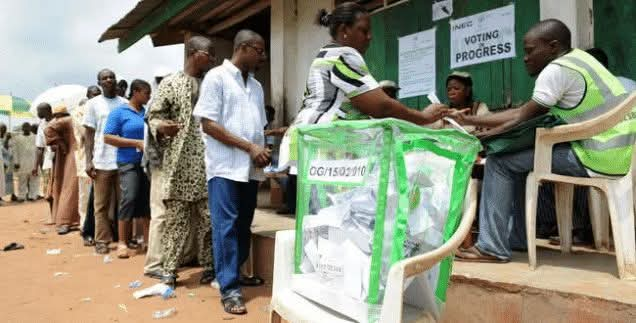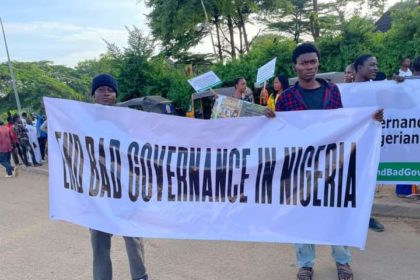
By Adeyemi Adekunle
Lagos State erupted in political tension as 13 of the 15 registered parties participating in the July 12 local government elections declined to sign the peace accord brokered by the Lagos State Independent Electoral Commission (LASIEC). The only signatories were the All Progressives Congress (APC) and the Youth Party, underscoring deep mistrust toward the electoral body. Opposition parties including PDP, Labour Party, APGA, AAC, and APDA cited unresolved complaints over candidate nomination deadlines and a lack of consultation in the formulation of election guidelines .
LASIEC, led by Justice Bola Okikiolu‑Ighile (Rtd), insisted the polls would proceed as planned across 13,325 polling units in 20 LGAs and 37 LCDAs, with over 7.06 million registered voters and 6.21 million permanent voter cards collected . Security officials assured a robust deployment involving police, military patrols, marine units, air assets, and special forces to deter intimidation or violence .
Governor Babajide Sanwo‑Olu personally urged voters to exercise their civic duty peacefully, emphasizing this local election as a fundamental expression of democratic governance at the grassroots level . The scene was further charged by the absence of a peace pact, prompting concerns about potential unrest. Nevertheless, LASIEC and security agencies affirmed their commitment to a fair, secure, and credible election.
Concerns amplified as parties argued that LASIEC’s rigid enforcement of nomination timelines disadvantaged them. Labour Party’s Dayo Ekong specifically appealed for flexibility, citing internal crises and vandalized campaign materials . The Inter-Party Advisory Council echoed these calls through spokesman George Ashiru, urging LASIEC to reconsider rules to enable accord signing .
Amid tension, civil rights group Centre for Human and Socio-Economic Rights petitioned the Lagos House of Assembly. They underlined that the State Local Government Administrative Law, signed on May 7 but deferred until August 4, should take effect before the election.
The group warned that this legal postponement could delegitimize the July 12 (Today) polls and trigger post-election litigation .
LASIEC emphasized the importance of public confidence, instructing voters and candidates to embrace tranquility. Justice Okikiolu‑Ighile highlighted deployment of BVAS accreditation devices and real-time result transmission to ensure transparency. Officials promised prompt collation of results and swift tribunal review mechanisms .
As polls commenced at 8 a.m., Lagos’ democratic reputation faced its sternest test. With staunch security and electoral reforms in place, authorities emphasized integrity.



